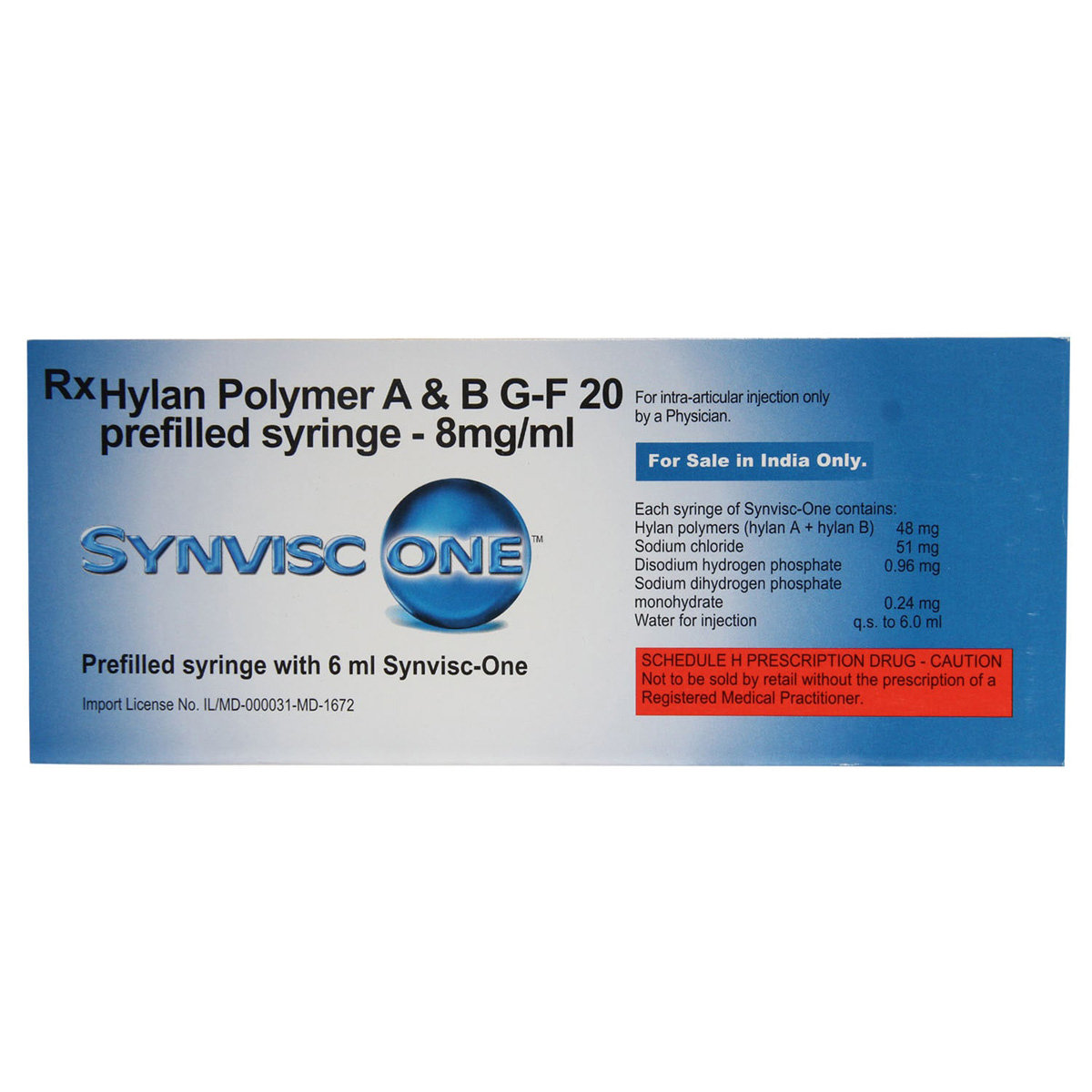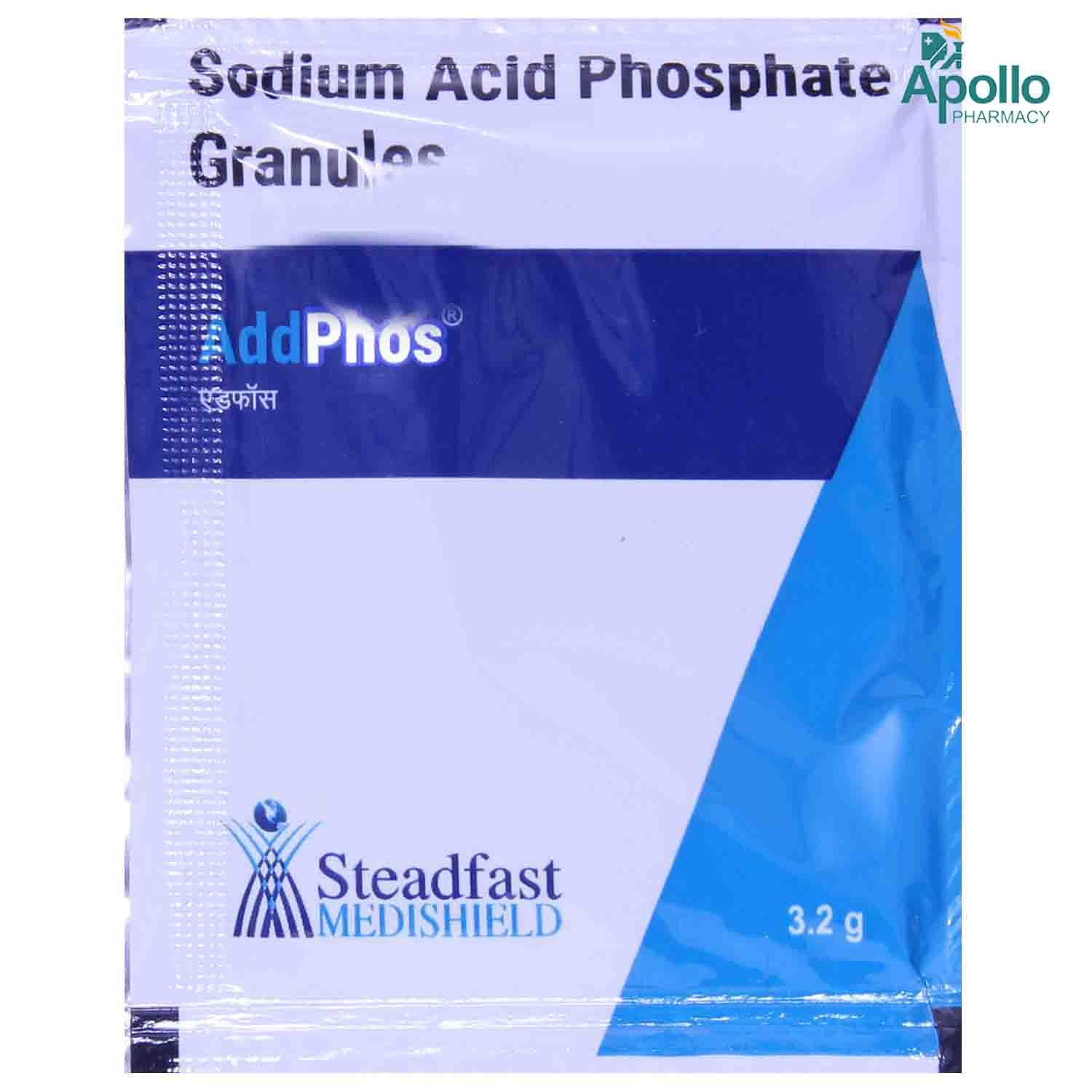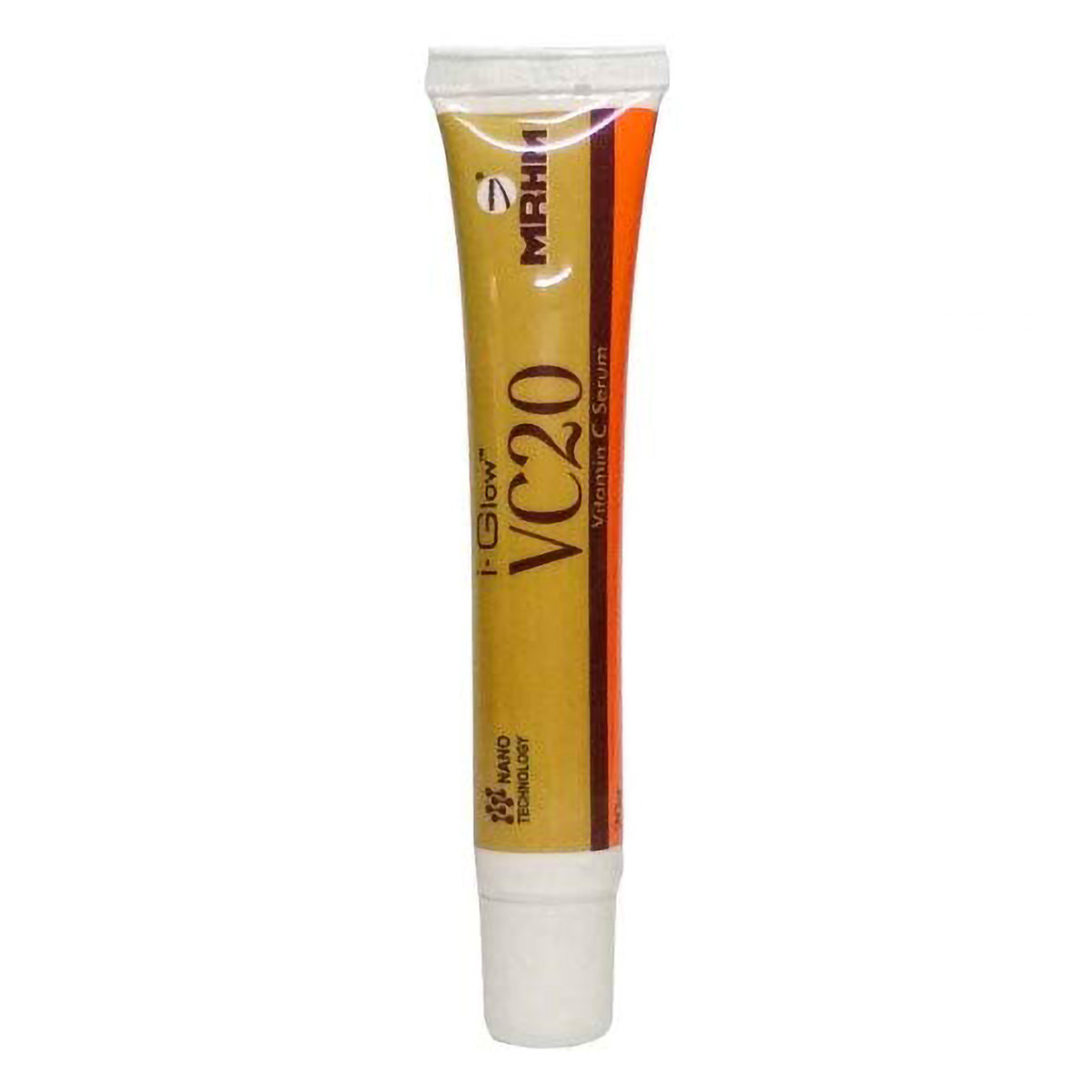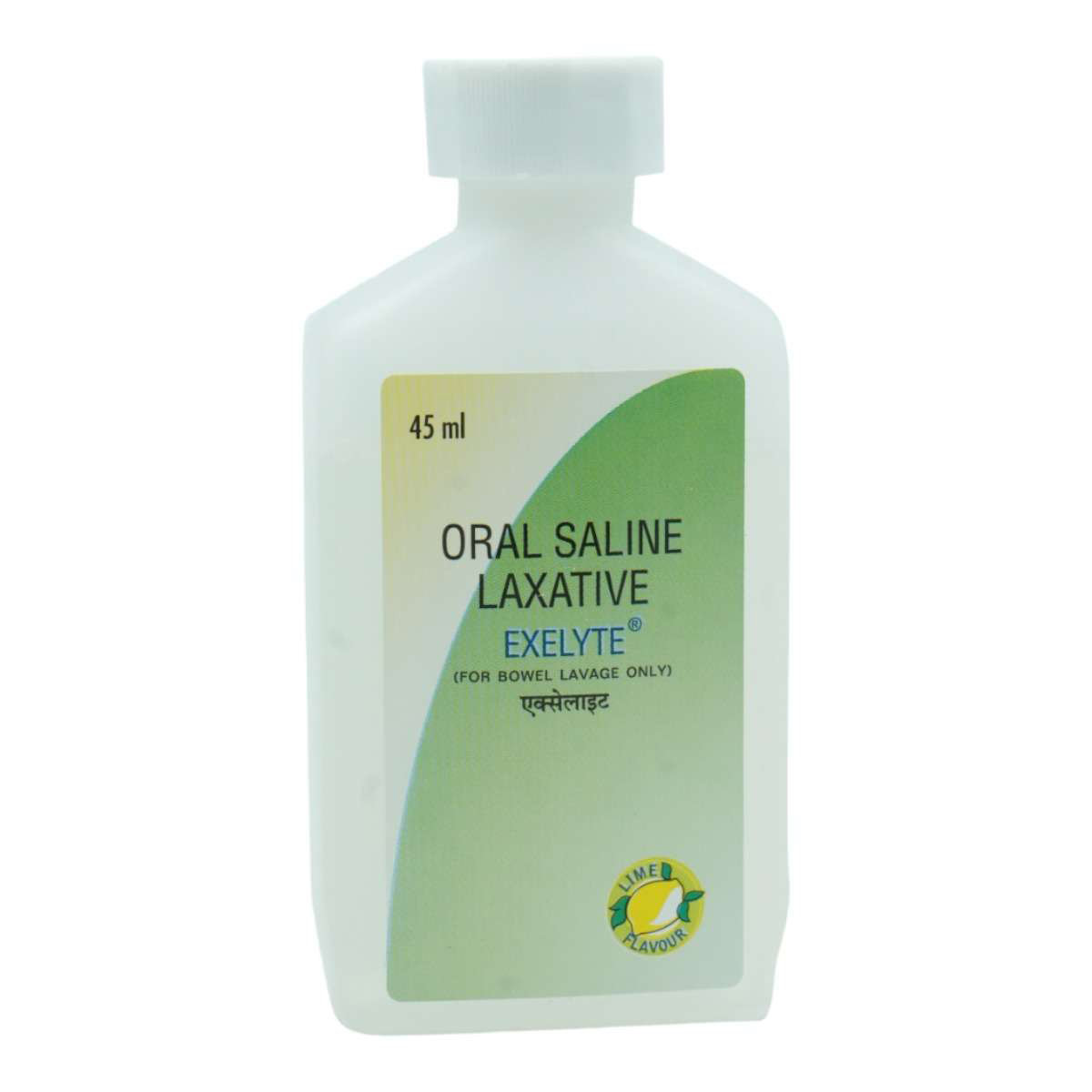Sodium Acid Phosphate
About Sodium Acid Phosphate
Sodium Acid Phosphate is used to treat high blood calcium levels caused by hyperparathyroidism (overactive parathyroid glands) and multiple myelomatosis (blood cancer). Additionally, Sodium Acid Phosphate is also used to treat low blood potassium due to vitamin D resistant rickets (a bone disease that does not respond to vitamin D treatment) and vitamin D resistant hypophosphatemic osteomalacia (bone softening condition).
Sodium Acid Phosphate contains ‘Sodium acid phosphate’, which binds with the calcium, this helps the calcium levels go back to normal. It also helps in increasing the levels of potassium in the blood. Thereby, Sodium Acid Phosphate helps in treating high calcium and low potassium levels.
You are advised to take Sodium Acid Phosphate for as long as your doctor has prescribed it for you, depending on your medical condition. In some cases, you may experience common side effects such as stomach upset, diarrhoea, abdominal pain, nausea, and vomiting. Most of these side effects do not require medical attention and will resolve gradually over time. However, you are advised to talk to your doctor if you experience these side effects persistently.
Consult a doctor before taking Sodium Acid Phosphate if you are pregnant or breastfeeding. Sodium Acid Phosphate should be given to children only if prescribed by a doctor. Inform your doctor if you are on sodium controlled diet or if you have reduced kidney function. Keep your doctor informed about your health condition and the medicines you are taking to rule out any side effects/interactions.
Uses of Sodium Acid Phosphate
Medicinal Benefits
Sodium Acid Phosphate is used to treat high blood calcium levels caused by hyperparathyroidism (overactive parathyroid glands) and multiple myelomatosis (blood cancer). Besides this, Sodium Acid Phosphate is also used to treat low blood potassium due to vitamin D-resistant rickets (a bone disease that does not respond to vitamin D treatment) and vitamin D-resistant hypophosphatemic osteomalacia (bone softening condition). Sodium Acid Phosphate binds with the calcium and makes the calcium levels go back to normal. It also helps in increasing the levels of potassium in the blood. Thereby, Sodium Acid Phosphate helps in treating high calcium and low potassium levels.
Directions for Use
Storage
Side Effects of Sodium Acid Phosphate
- Stomach upset
- Abdominal pain
- Nausea
- Vomiting
- Diarrhoea
Drug Warnings
Do not take Sodium Acid Phosphate if you are allergic to any of its components. Talk to your doctor if you have congestive heart failure, high blood pressure, sodium restrictions in your diet, pre-eclamptic toxaemia (high blood pressure during pregnancy), kidney or liver disease. Consult your doctor before taking Sodium Acid Phosphate if you are pregnant or breastfeeding. Sodium Acid Phosphate should be given to children only if prescribed by a doctor.
Drug Interactions
Drug-Drug Interactions: Sodium Acid Phosphate may have interaction with antacid medicines.
Drug-Food Interactions: No interaction found/established.
Drug-Disease Interactions: Inform your doctor if you have kidney impairment.
Drug-Drug Interactions Checker List:
Safety Advice

Alcohol
cautionIt is unknown if alcohol interacts with Sodium Acid Phosphate. Please consult your doctor.

Pregnancy
cautionPlease consult your doctor if you are pregnant or if you have any concerns regarding this. Your doctor will prescribe only if the benefits outweigh the risks.

Breast Feeding
cautionPlease consult your doctor if you are breastfeeding or if you have any concerns regarding this. Your doctor will decide whether breastfeeding women can take Sodium Acid Phosphate or not.

Driving
safe if prescribedSodium Acid Phosphate is unlikely to affect your ability to drive. However, drive or handle machinery only if you are alert.

Liver
cautionPlease consult your doctor if you have a liver impairment or any concerns regarding this.

Kidney
cautionSodium Acid Phosphate contains potassium; this should be taken into consideration if you have lowered kidney function. Please consult your doctor if you have kidney impairment or any concerns regarding this.

Children
safe if prescribedSodium Acid Phosphate should be given to children only if prescribed by the doctor.
Habit Forming
Diet & Lifestyle Advise
- Maintain a well balanced diet containing fresh fruits, vegetables, and whole grains.
- Drink plenty of water. Staying hydrated lowers calcium levels and prevents kidney stones.
- Smoking can cause bone loss. Quit smoking.
- Exercise regularly as it helps promote bone health.
Special Advise
- Regular monitoring of electrolyte levels while taking Sodium Acid Phosphate is advised.
Patients Concern
Disease/Condition Glossary
Hyperparathyroidism: The parathyroid glands become overactive and secrete too much parathyroid hormone. This leads to hypercalcemia, i.e., a rise in calcium levels in the blood. Symptoms include muscle pain, joint weakness, tiredness, loss of appetite, bone pain, nausea, vomiting, and constipation.
Multiple myelomatosis: It is a type of cancer in which the plasma cells become cancerous and multiply. Plasma cells are a type of white blood cells in the bone marrow. Multiple myelomatosis damages the bones, kidneys, immune system, and red blood cell count. Hypercalcemia is the most frequent metabolic complication of myeloma.
Vitamin D-resistant hypophosphatemic osteomalacia or rickets: It is a bone disease that does not respond to treatment with vitamin D. This condition is characterised by hypophosphatemia (low phosphorus levels in the blood), diminished intestinal absorption of calcium, and increased renal clearance of phosphate. It is a metabolic disease that leads to reduced mineralisation of the bone matrix.
FAQs
Sodium Acid Phosphate binds with the calcium and makes the calcium levels go back to normal. It also helps in increasing the levels of potassium in the blood. Thereby, Sodium Acid Phosphate helps in treating high calcium and low potassium levels.
To treat your condition effectually, continue taking Sodium Acid Phosphate for as long as your doctor has prescribed it. Do not be reluctant to speak with your doctor if you experience any difficulty whilst taking Sodium Acid Phosphate.
Consult a doctor before taking antacids along with Sodium Acid Phosphate as antacids might reduce the effectiveness of Sodium Acid Phosphate.
Sodium Acid Phosphate contains sodium; this should be considered if you are on a controlled sodium diet. Talk to your doctor before taking Sodium Acid Phosphate if you have hypertension, heart failure, or if you are on a low-sodium diet.
Diarrhoea could be a side-effect of Sodium Acid Phosphate. Drink plenty of fluids and eat non-spicy food if you experience diarrhoea. If you have severe diarrhoea or if you find blood in stools, consult a doctor.
Available Medicines for
Sodium Acid Phosphate

Synvisc One Hylan GF 20 mg Injection 6 ml
1 Prefilled Syringe
₹19464.7 (MRP 22119)12%Off
cashback: 0









